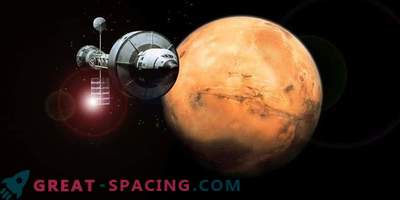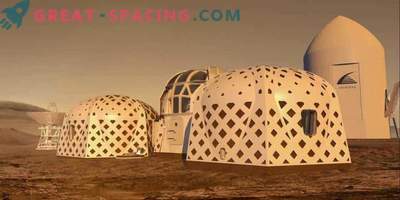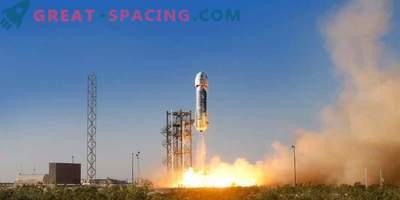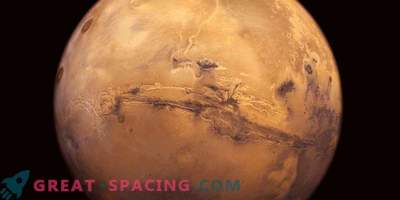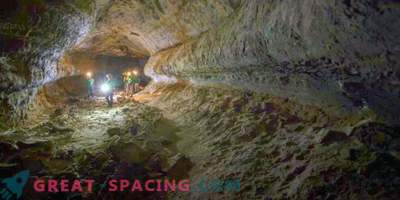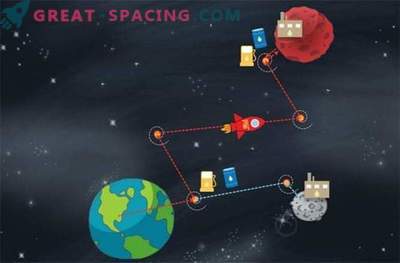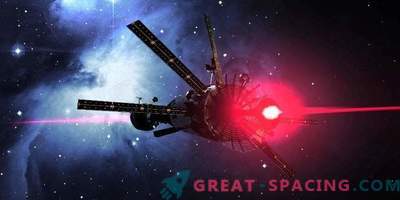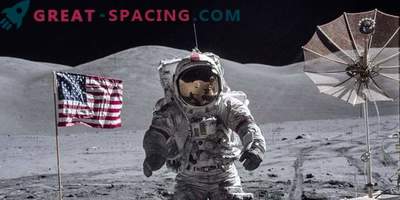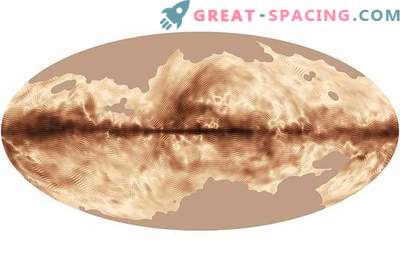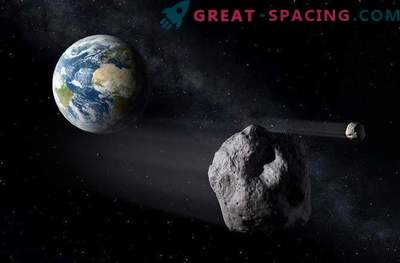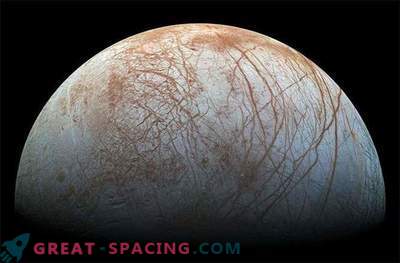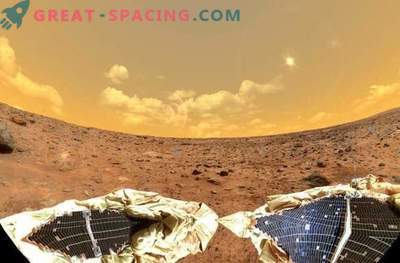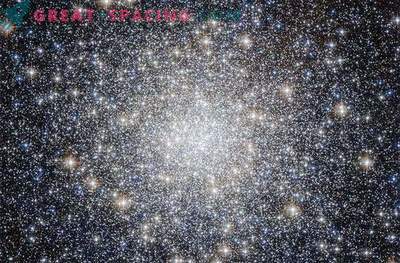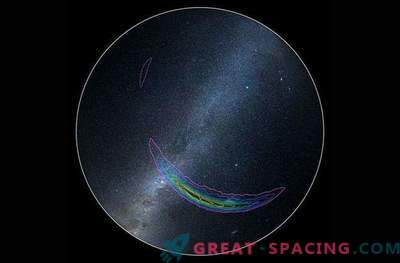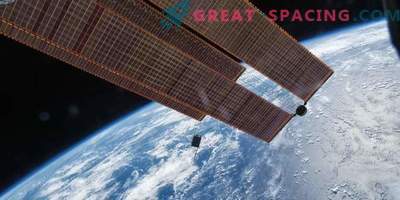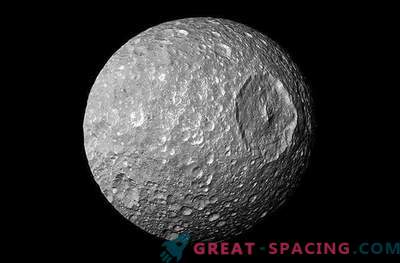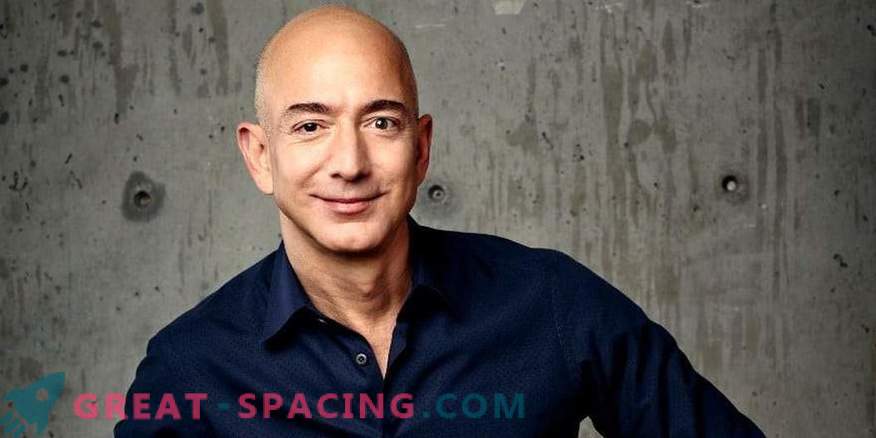
Now, both private and state-owned companies in the USA, Russia and China are developing various missions that will allow the creation of Martian and lunar bases. Therefore, colonization is just a matter of time. However, Jeff Bezos advises not to waste money and reorient resources in another direction.
Complexity of colonization
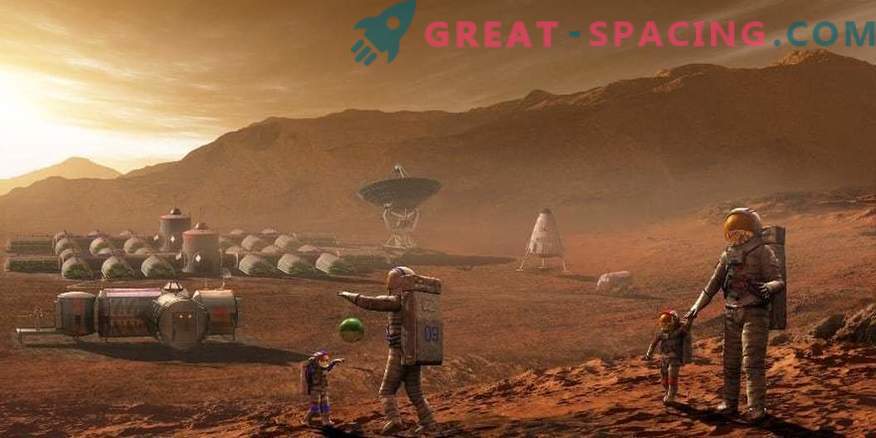
The priorities of the first colonists include the Moon and Mars. The main factors in the selection of targets were the close distance to the Earth, the exploration of territories and relatively satisfactory conditions (although not comfortable, but there are chances to survive).
However, man only managed to “conquer” the moon, having stayed on it for a rather tiny period of time. In fact, we are still frightened tourists who are just getting ready to get out of their home planet. The first colonists will have a hard time, because foreign planets and satellites do not plan to meet us with bread and salt. What are the problems?
First, the resources. This food and materials to create a settlement. Ideally, you need to do so that everything you need can be extracted or reproduced on the spot. However, while we can only rely on supplies from Earth. If we talk about the moon, it is not a big problem, but the flight to Mars takes months and years. And where to get money for the organization of permanent deliveries?
Therefore, scientists are struggling to learn how to grow vegetables in unsuitable conditions. They are also actively working on 3D printing technology in order to use lunar regolith to create blocks from which to build a colony. Secondly, the conditions. Imagine that you find yourself in a completely unexplored world that lives by its own laws. No air, blue sky, fresh wind, the usual sun. Everywhere darkness, caustic moon dust that sticks to the suit and sneaks into the lungs. A large amount of radiation, micrometeorites and larger stones. Everything will have to be created from scratch, and survival depends on the coordinated work of the team and the availability of sufficiently developed technologies.
Third, security. If we talk about the Red Planet, the researchers still do not know how to keep the health of the crew members on the ship on such a long trip. Colonists will receive a huge dose of radiation from solar and cosmic rays. Even the hull of the ship is still not able to guarantee protection.
In addition, there is no guarantee of a safe landing. What happens if you get sick? Things like appendicitis in space can cause death. Therefore, they are now spending large sums on medical training, as well as the creation of miniature, but effective operating theaters that can be taken to other planets.
Pragmatic approach

All these operations seem incredibly complex and costly. Therefore, Jeff Bezos, entrepreneur and founder of Amazon.com and Blue Origin, advises to revise priorities and choose other places for future colonies. He does not recommend to go to Mars, because there are no conditions for life, but to create them from scratch is expensive and time consuming. Bezos advises all dreamers to first conquer the summit of Everest and understand whether they liked the way or not. But this is small compared to a trip to another world. However, he still understands that human launches into space are already a reality and necessity. But he looks at everything more pragmatically. If Ilon Musk wants to make humanity an interplanetary view, then Bezos just wants to avoid overpopulation on the planet. The more people, the harder it is to feed them and provide electricity.
What does Bezos offer?

He recommends not trying to colonize the planets and satellites, but move into orbits. That is, these are projects to create autonomous space structures that will rotate around the Earth or nearby. Bezos believes that there is no point in trying to recreate terrestrial conditions on Mars and the Moon if you can spend much less money on artificial orbital colonies.
As an example, he cites the O'Neill cylinder. Its creator was the American physicist Gerard O'Neill. It is about two 32-kilometer cylinders, covering a diameter of 6.4-8 km. Such a station will rotate, therefore, will ensure the presence of the earth's level of gravity. It will be completely autonomous. Colonists will be able to grow vegetables, and proximity to the Earth will provide the necessary materials.
Postscript
Jeff Bezos believes that this is the best option today in terms of technological development and financial savings. True, while he did not say, is he ready to invest in an idea or live in a similar place.

